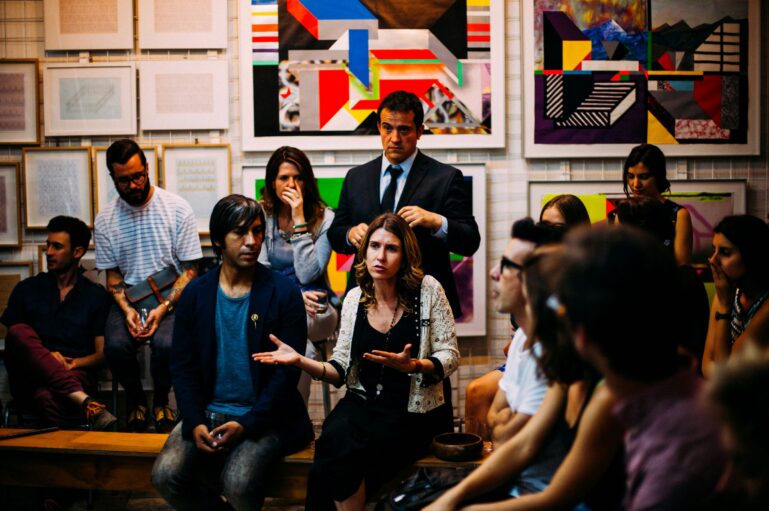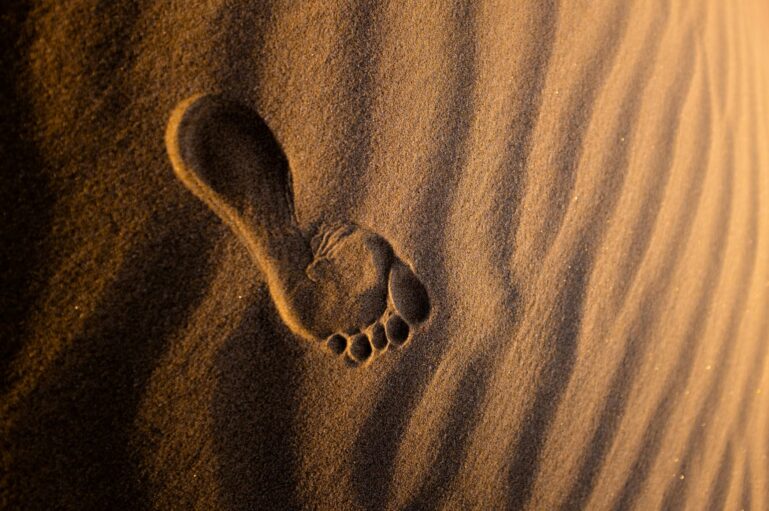“Be yourself; everyone else is already taken” (Oscar Wilde)
Being “yourself” is not as easy as it sounds – the pressure, constantly, is on all of us to look better, be better, achieve more, succeed always, etc. The list is seemingly endless. Other’s expectations are real and the stakes are high. The world doesn’t make room for or even acknowledge those that come second, third or fourth – it seems to focus only on those with prestige or on those who come first. Because we want to be wanted or at least want to be recognised, we sometimes end up striving for things that are out of character with whom we really are, creating internal dissonance and depression as a result – not a healthy approach.
Being yourself (accepting yourself, acknowledging your weaknesses, utilising your strengths and gifts, living your life purposefully and with zest) is the authentic route and therein is the seat of your power. Your uniqueness, especially the giftedness which is tied up with your strengths, effectively can be used to contribute in ways in which others can’t. Even your weaknesses can become opportunities if used to your advantage – for example, the story of a 10-year-old boy who decided to study judo despite the fact that he had lost his left arm in a devastating car accident. The boy began lessons with an old Japanese judo master. The boy was doing well, so he couldn’t understand why, after three months of training, the master had taught him only one move. “Sensei,” the boy finally said, “Shouldn’t I be learning more moves?” “This is the only move you know, but this is the only move you’ll ever need to know,” the sensei replied. Not quite understanding, but believing in his teacher, the boy kept training.
Several months later, the sensei took the boy to his first tournament. Surprising himself, the boy easily won his first two matches. The third match proved to be more difficult, but after some time, his opponent became impatient and charged; the boy deftly used his one move to win the match.
Still amazed by his success, the boy was now in the finals. This time, his opponent was bigger, stronger, and more experienced. For a while, the boy appeared to be overmatched. Concerned that the boy might get hurt, the referee called a time-out. He was about to stop the match when the sensei intervened. “No,” the sensei insisted, “let him continue.” Soon after the match resumed, his opponent made a critical mistake: he dropped his guard. Instantly, the boy used his move to pin him. The boy had won the match and the tournament. He was the champion.
On the way home, the boy and sensei reviewed every move in each and every match. Then the boy summoned the courage to ask what was really on his mind. “Sensei, how did I win the tournament with only one move?” “You won for two reasons,” the sensei answered. “First, you’ve almost mastered one of the most difficult throws in all of judo and, second, the only known defence for that move is for your opponent to grab your left arm.” The boy’s biggest weakness had become his biggest strength.
Uniqueness, especially expressed in worthy character traits and appropriate use of strengths and giftedness, places you in a position of “confident vulnerability” or authentic power. Unlike arrogance, which is abusive and destructive, this “confident vulnerability” makes for impactful contribution.










